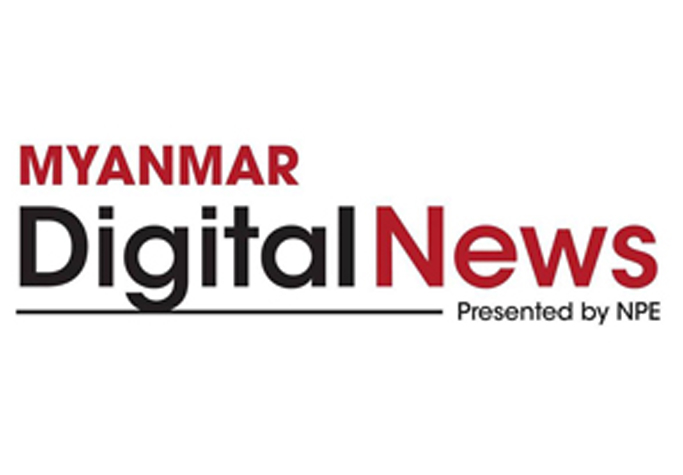The act of reading serves as a lifelong journey of knowledge accumulation, encompassing a vast array of subjects, from the intricacies of human nature to the mysteries of the natural world. From early childhood through adulthood, individuals must embark on this educational voyage to secure a successful life.
Reading hinges on the desire to amass knowledge nurtured through the process of learning, particularly within the structured framework of school education. Schools play a pivotal role in igniting the skills of reading, writing, and arithmetic, setting children on a path to expand their horizons. Without the guidance of teachers, the foundation for reading, writing, and calculation remains elusive. Teachers impart the skills needed to decode written words, communicate ideas effectively, and perform essential mathematical computations, laying the groundwork for a lifetime of learning.
Engaging in regular reading can lead to physiological benefits as well. It has the remarkable ability to lower heart rate and alleviate muscle tension. Proficient readers tend to approach life’s challenges with maturity, displaying enhanced cognitive development and robust critical thinking abilities. They navigate difficulties with confidence and make informed decisions, embodying a noble spirit characterized by empathy, effective communication, and the ability to create conducive environments.
Noteworthy figures like Warren Buffett, the iconic business magnate, and Bill Gates, the tech visionary, are avid readers. Buffett delves into more than 500 pages of books daily, while Gates consumes over 50 books each year. Research suggests that a mere six minutes of reading can reduce stress levels by a staggering 68 per cent. The act of reading diverse subjects can lead to incredible experiences.
There are no temporal or thematic constraints on reading, but individuals must choose books and subjects commensurate with their cognitive abilities to foster intellectual growth and mature critical thinking. In today’s digital age, access to a plethora of reading materials is at our fingertips via social media, yet the number of dedicated readers who still hold physical books is dwindling.
A segment of the population still values the tangible experience of reading hardcover books, eschewing digital platforms. This group finds solace in the world of literature through printed pages rather than screens. It is imperative for everyone to recognize the manifold benefits of reading and make informed choices about the literature that best complements their reading habits. In the end, reading is a journey of knowledge, a lifelong quest that enriches our lives and empowers us to contribute meaningfully to the world.



